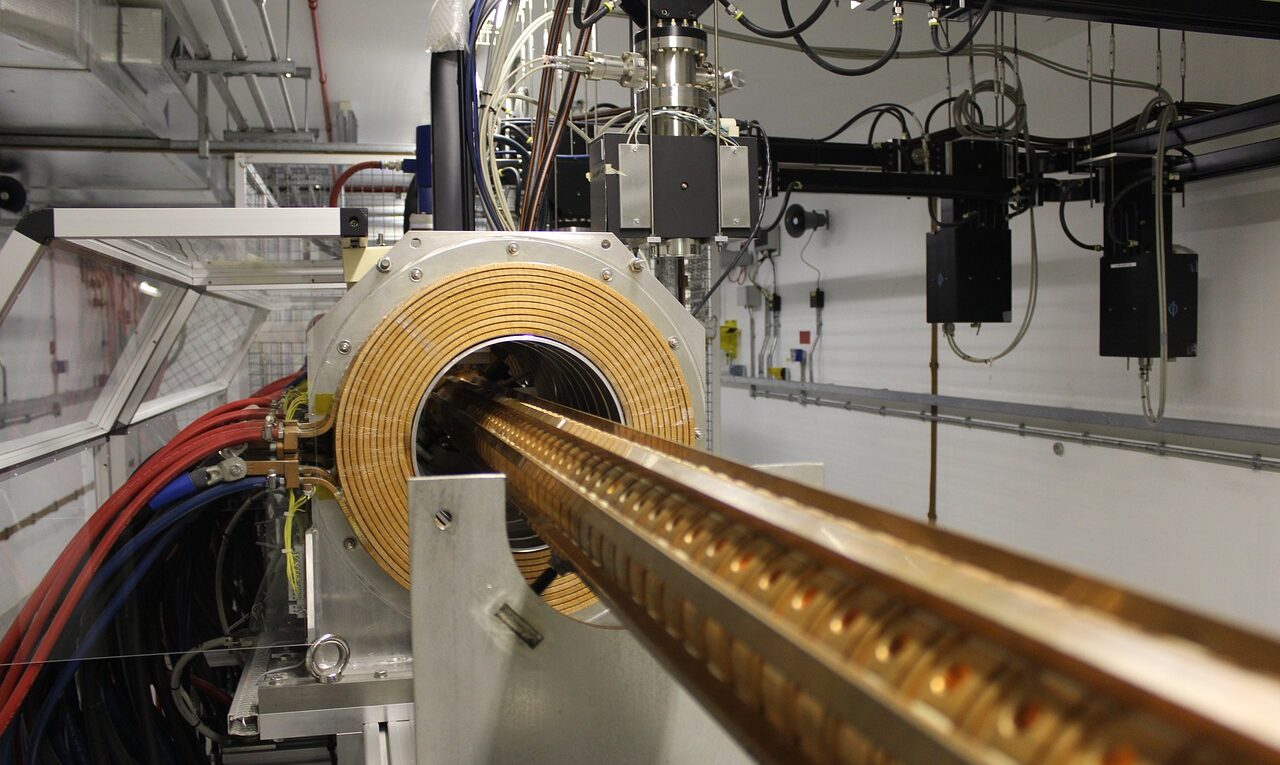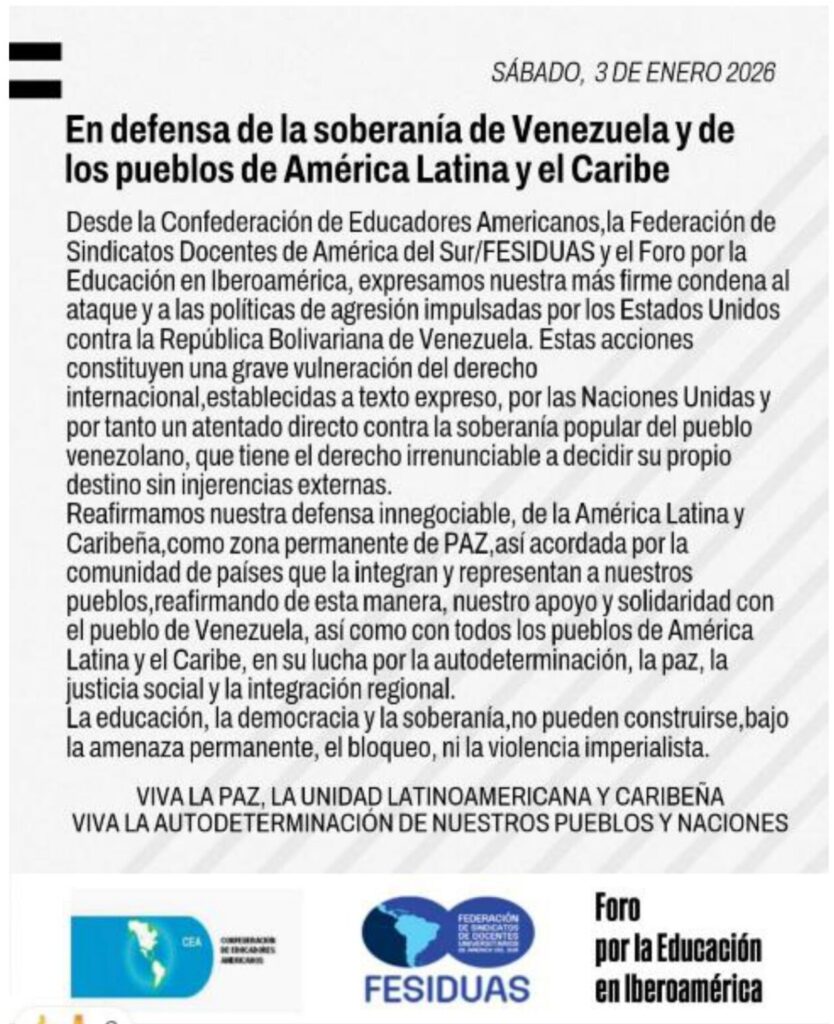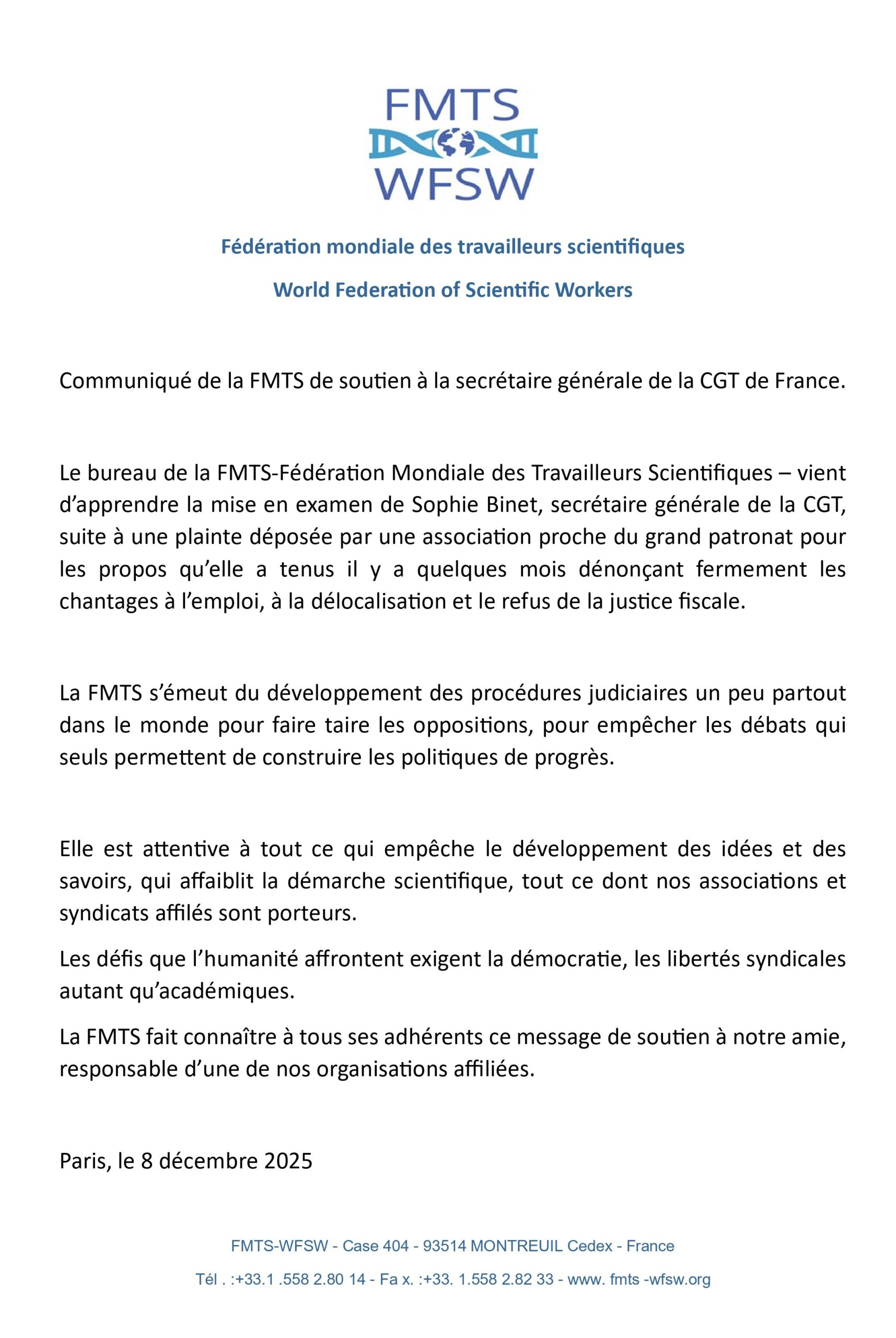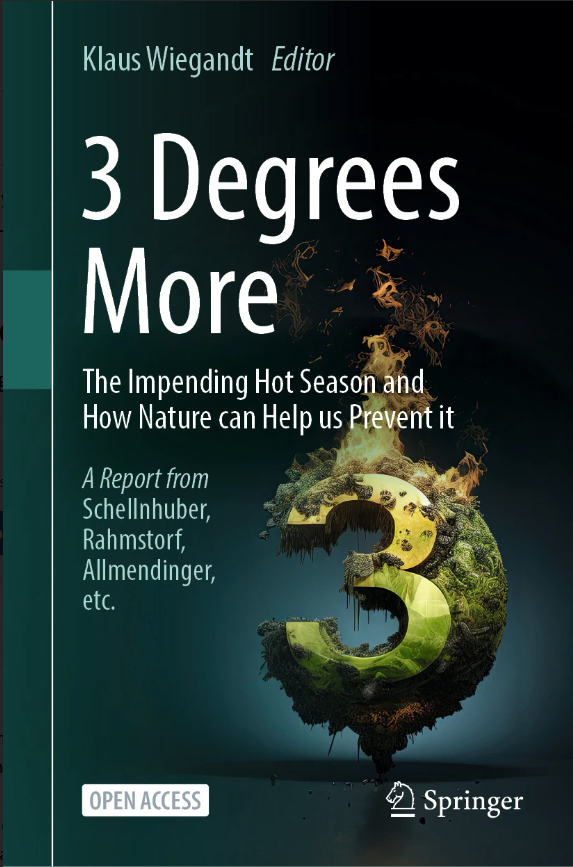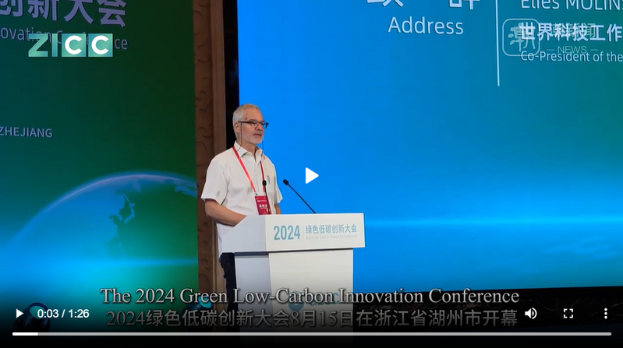The CERN decision to end cooperation
About the decision of the CERN Council to end the international cooperation agreements with the Russian Federation and the Republic of Belarus and the future cooperation of CERN with the Joint Institute for Nuclear Research (JINR)
The World Federation of Scientific Workers has been confronted by the decision of the CERN Council to end the international cooperation agreements with the Russian Federation and the Republic of Belarus, and the future cooperation of CERN with the Joint Institute for Nuclear Research (JINR). The effective suspension of all exchanges of funds, materials and personnel in both directions with Russia and Belarus, as well as the Joint Institute for Nuclear Research, preceded this decision.
Such restrictive measures affect every individual member of the scientific communities of the targeted countries. Independently of their affiliation or standing, in all respects, scientific workers engaged in cooperative research programmes or projects that require access to CERN facilities will be unable to pursue their work.
It is worth noticing that, although the Russian Federation has an observer-only status at CERN — like the United States, Japan or the European Union — about a thousand scientists regularly work in the Center, nearly 10% of the total number of its research personnel. Thus both parties will unnecessarily be penalized and suffer from the decision of the Council.
Last but not least: while the Russian Federation, given its observer-only status, is not a member of the CERN Council, the State of Israel, guilty of a decades-old aggressive policy towards the Palestinian people and State — recognized by the UN as a non-member observer State — is given a seat in the 23-member Council, and an Israeli scientist holds the position of President of this Council since 2021. It therefore becomes obvious that CERN has in practice a policy of double standards.
A constant in the three-quarters of a century history of our Federation has been the commitment to maintain dialogue and cooperation between scientists from countries with different cultures and political regimes. This was the case during the Cold War and is of critical importance in the present situation of global instability characterized in particular by a succession of events that led to the tragic war in Ukraine. In this context, the WFSW is concerned about the process of isolation of Russian and Belarusian scientists and intellectuals leading to a deterioration of scientific and cultural relations, drivers of peace. Communication, exchange, and cooperation should continue at all costs on a global level. By standing against all forms of indiscriminate sanctions that affect the life and work of scientific workers, the WFSW strongly condemns the aforementioned decision of the CERN Council.
The WFSW International Secretariat
October 3, 2022

